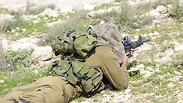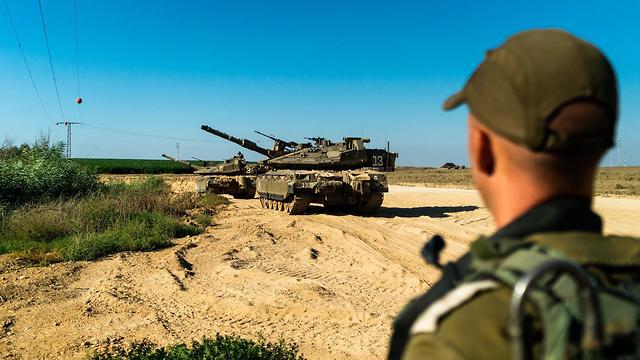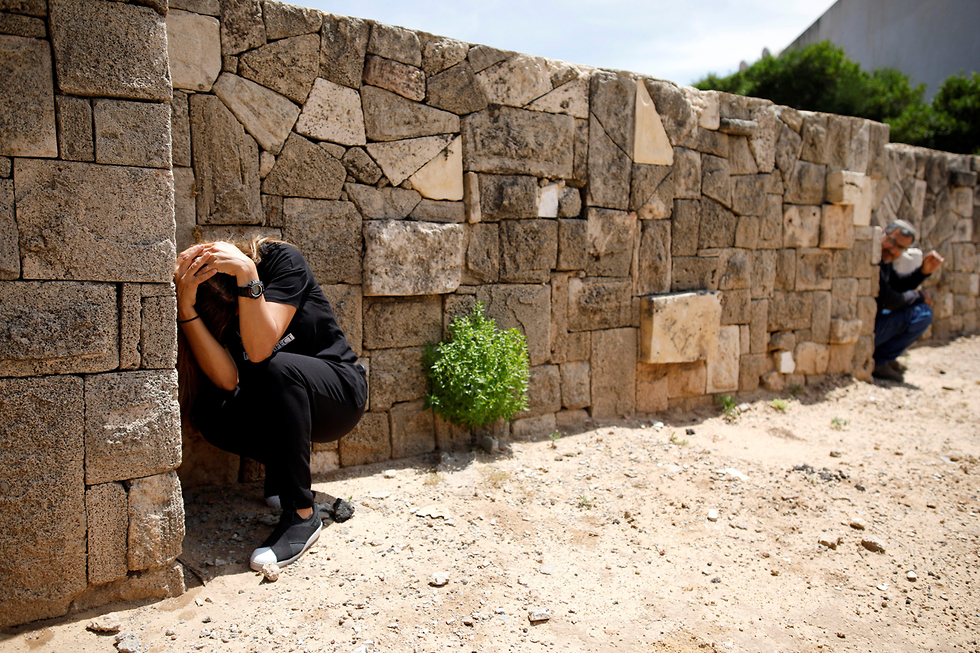
IDF tasked with dealing with post-trauma in recruits from Gaza border communities
Community leaders say that young people who have grown up under fire from Gaza seem to function well while still in school but as their military service nears, their post trauma becomes more evident sometimes to the point they are unable to serve
Eighteen-year-old Israelis, residents of the Gaza border communities are enlisting in military service, carry with them the weight of a lifetime under rocket fire.
Some are so severely affected that they are unable to carry out their duties as soldiers, mostly in the demanding combat units.
The scope of the problem has just now begun to come to light as parents of new recruits turned to mental health services with reports of their children's difficulties.
"My son wanted to be a combat soldier,” said one mother. "Those are the values we instilled in him growing up.”
Throughout his childhood, signs of his trauma were noticeable but not severe, she says.
"A door slamming would make him tense up. An ambulance siren would startle him.”
But when he joined his fighting unit he was overwhelmed. His childhood and youth under fire caused too many problems. Only after being moved to a non-combat position could he begin to serve effectively.
Community leaders say they are aware of the issue.
"We see the signs a year before they begin their service. During high school they still manage to keep their feelings bottled up," said Nuki Goldfisher, who runs the support for young inductees in the Kibbutz Movement. "But as they begin to deal with the challenges of the military, we often see they cannot carry out their duties and often drop out.”
Now the IDF and the government are being called on to address the problem and find a way to help the first generation of soldiers who were born into a reality of shelling, shelters and fear, which has had a lasting effect on their entire lives.












